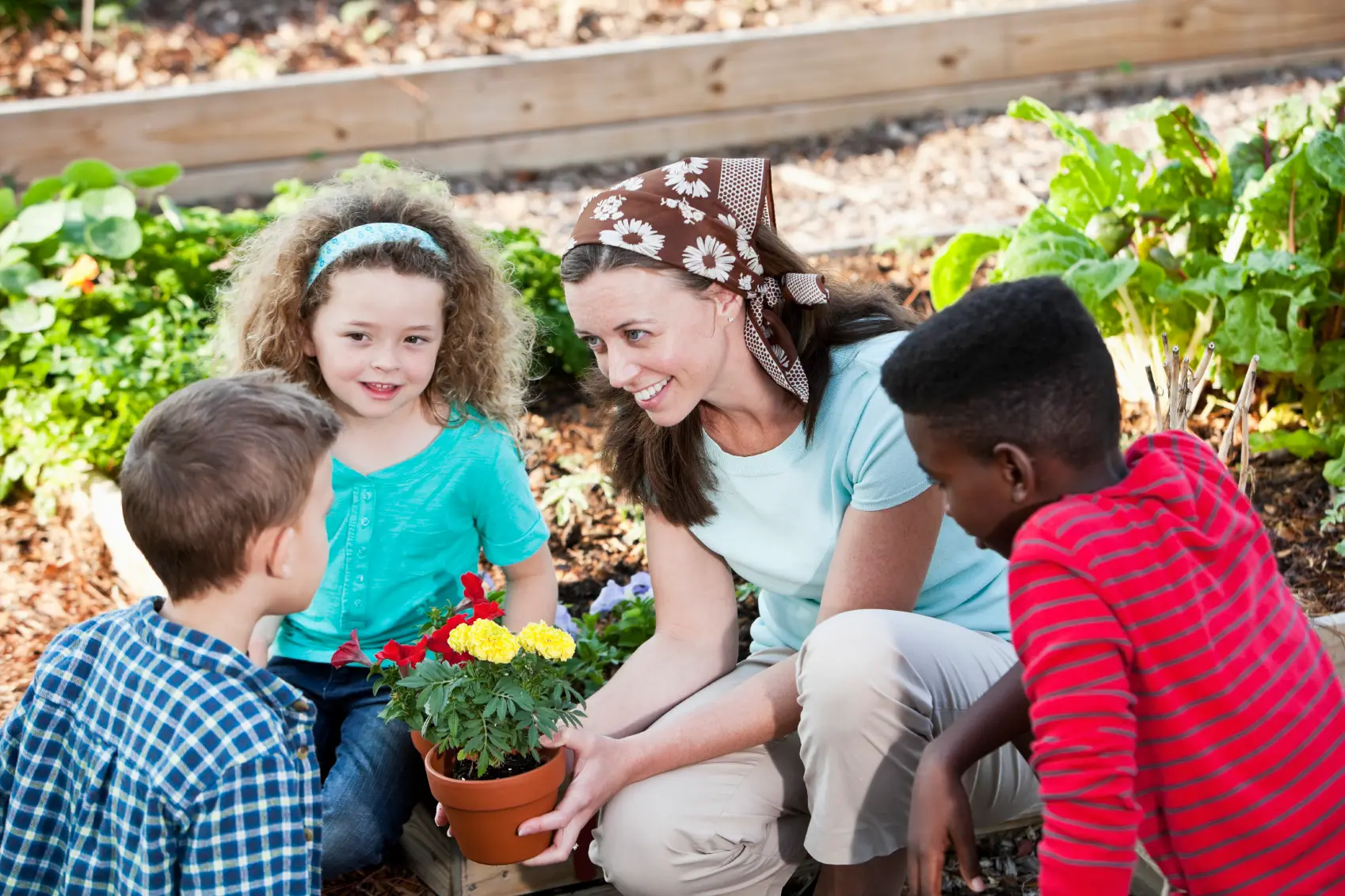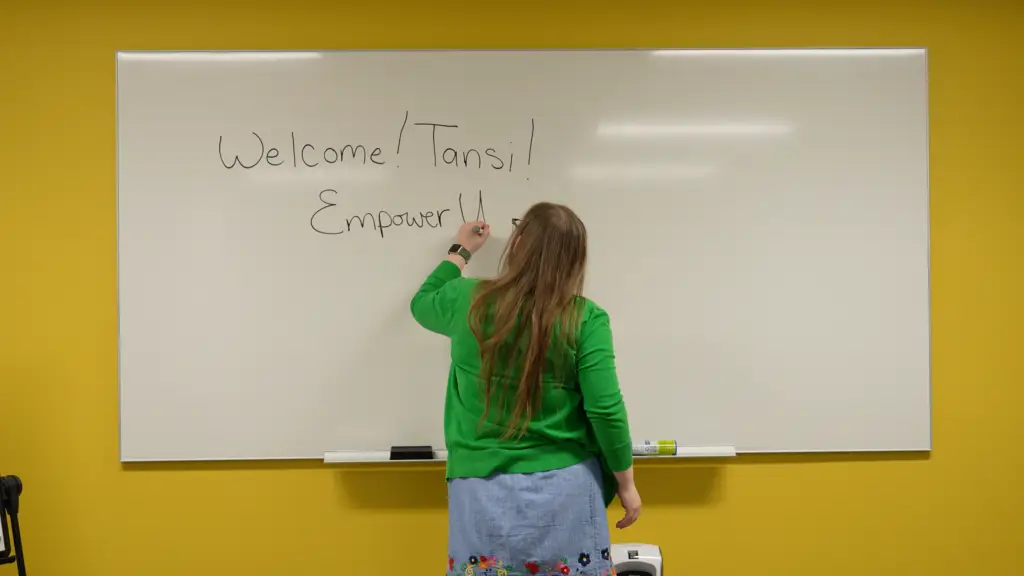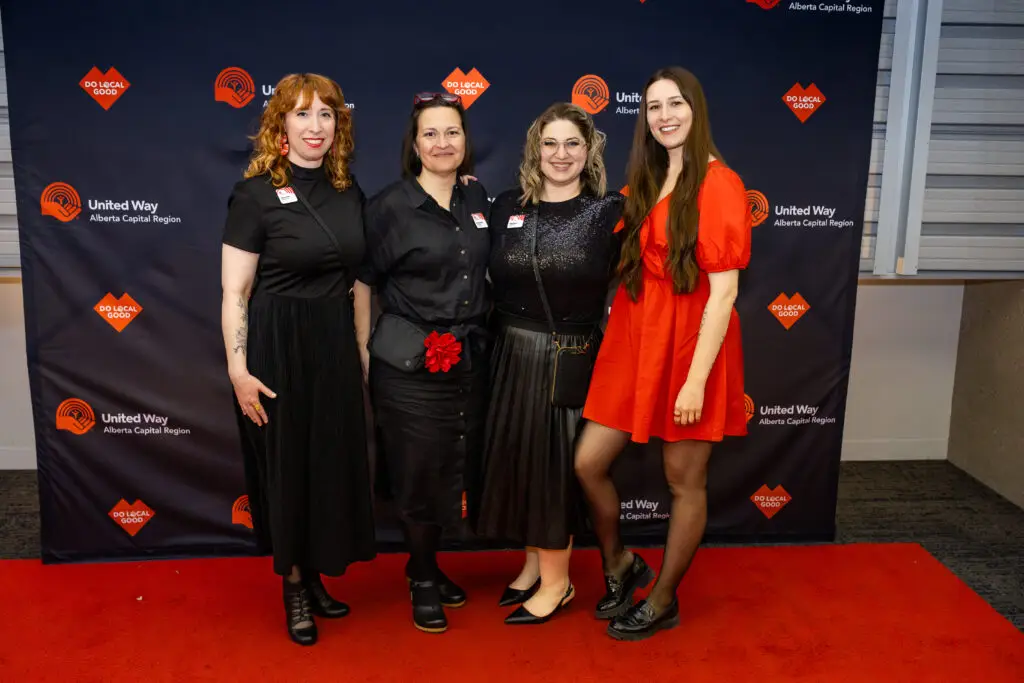August 22, 2023

United Way of the Alberta Capital Region worked with United Way Centraide Canada as part of the Government of Canada’s Community Services Recovery Fund to help community service organizations adapt their programs and services through pandemic recovery and beyond.
Now more than ever, charities and non-profits are playing a key role in addressing persistent and complex social problems faced by all communities. The Community Services Recovery Fund responds to what charities and non-profits need right now and supports organizations as they adapt to the long-term impacts of the pandemic.
United Way of the Alberta Capital Region is pleased to announce $4.7 million in funding to support 63 projects within the Alberta Capital Region, the Lloydminster Region, and areas in northern Alberta that aren’t currently served by a United Way through the Government of Canada’s Community Services Recovery Fund. The Community Services Recovery Fund is a one-time investment of $400 million to help community service organizations (charities, non-profits, Indigenous governing bodies) adapt, modernize, and be better equipped to improve the efficacy, accessibility and sustainability of the community services that they provide through the pandemic recovery and beyond.
United Ways across the country distributed funding under the Program and Service Innovation and Redesign stream, to support one-time projects primarily focused on program and service innovation and redesign using information gained during the COVID-19 pandemic.
“One of the things that we hear over and over again is that because the issues in the community are more complex, and because there are less resources and less funding available in the community, all of our community agencies are essentially being asked to do more with less. This was a really good federal investment in the capacity of organizations,” shares Melanie Lukevich, Portfolio Manager for Agency Partnerships who oversaw the grant process for the CSRF within the United Way of the Alberta Capital Region.
During the pandemic, many organizations shifted their programming so it could be offered online. Then, as restrictions started to be lifted and people began to gather again, many groups that found some people thrived in online environments and don’t want to come back in person. Melanie shares that this is another area where groups are being asked to do more with less by doubling their programming or investing in technology and infrastructure to find hybrid solutions.
“The federal government knew that local organizations had taken the brunt of pandemic response for the last two years, and they were struggling,” Melanie says.
“This was a wonderful opportunity for us at United Way to ask ‘what do you need as an organization? What do you need to invest in so you can be more resilient, so you can respond to what’s happening right now?’”
In the Alberta Capital Region, a dedicated group of 29 volunteer reviewers helped our Community Building and Investment team evaluate more than 100 applications. While Melanie and team are used to making investment decisions for United Way funding focused on the social sector, this was a unique opportunity to review applications for other sectors, such as arts, sports and recreation, health, and more. The team was also very intentional in ensuring representation from Black- and Indigenous-led organizations, as well as smaller grassroots groups.
“Supporting our grant application review process is such a meaningful volunteer opportunity that we can offer at United Way. It is a role with a lot of responsibility and impact because it helps us determine where the funding goes,” shares Melanie, who is always looking for more volunteers to work with her team.
“Every time we have a grant review process, we’re going to be reaching out to community members for assistance. Especially if you have lived experience, your perspective is so valuable in helping determine which agencies to support. It’s important for us to make sure that people who make up these communities have a say where the funding goes.”

The Community Services Recovery Fund is a $400 million investment from the Government of Canada to support charities and non-profits as they build resilience by making investments in their people, organizations, and program innovation.
Learn More About CSRF
Learn how Empower U equips women with practical financial skills and community support to confidently build independence, security, and lasting financial freedom.

Moved by the strength of women in her life and community, Christie Hutchinson shares what led her to Women United and the movement to create a more equitable future for women and girls.